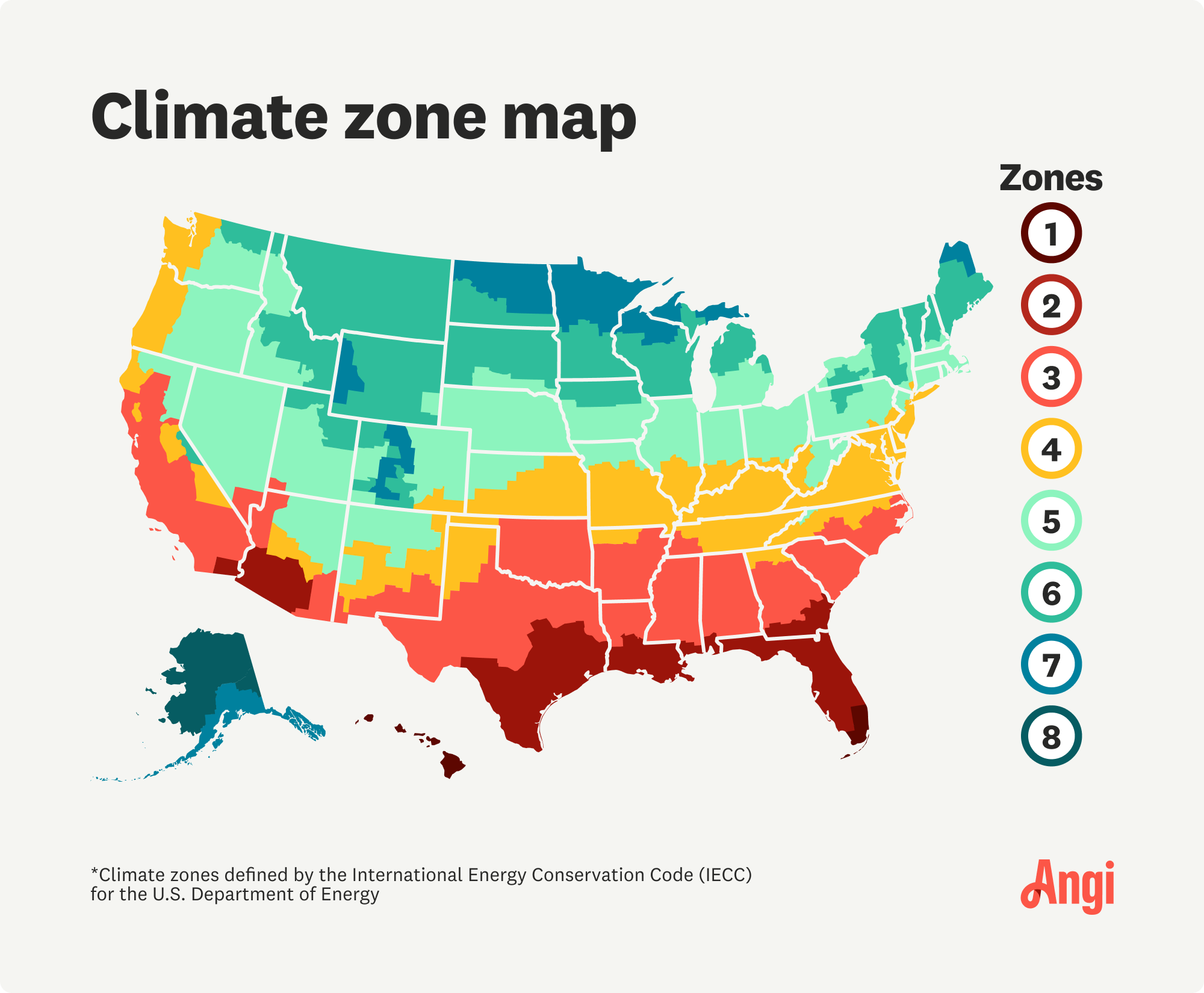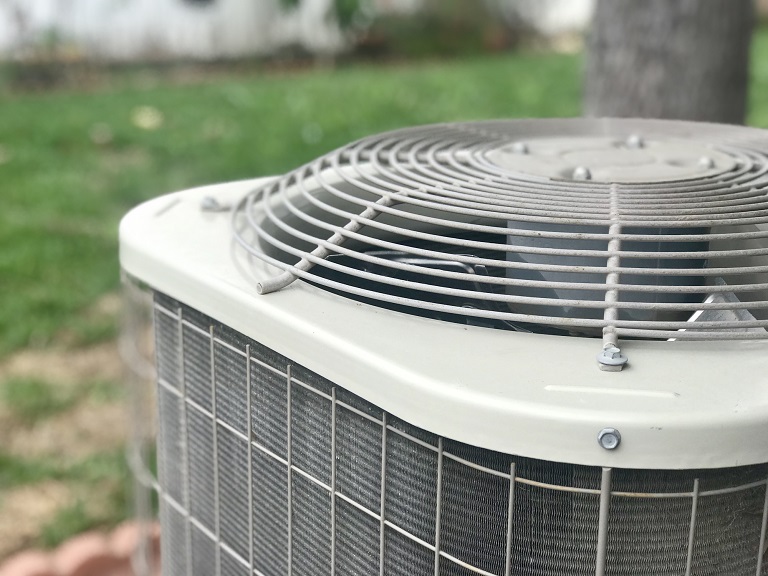
Whole-house fans can help reduce your electric bills by providing ventilation and cool, fresh air. Use this whole house fan cost guide to price out the project.
Heating and air conditioning service costs depend on your project and location. Check with a local pro for your specific job.
The average Seattle home will need a boiler with 60,000 to 90,000 BTUs.
Electric and gas boilers are most common for Seattle homes.
The city has passed legislation to phase out oil as a heating source by 2030.
A new boiler can increase home value by 3% to 5% in Seattle.
A boiler can help make your home or condo feel cozy and warm, even during the cold, gray, drizzly winter days in Seattle. Boiler replacement in Seattle costs $6,914 on average, with most homeowners spending between $3,529 and $10,300. How much will your boiler replacement cost? Consider the following factors, like boiler type, fuel source, and home size, to get an estimate.
The cost of replacing a boiler in Seattle, WA, will vary from home to home. The size of your home and the boiler capacity you need play a big role in the final cost, as does the boiler type. When it’s time to replace your boiler, review these main factors that influence the cost.
You can estimate the cost of your boiler by your home’s square footage and boiler capacity using the table below. However, call an HVAC pro in Seattle, WA, for the most accurate estimate.
| Home Size (Sq. Ft.) | Boiler Capacity (BTUs) | Cost |
|---|---|---|
| 1,000 | 30,000–45,000 | $2,200–$3,529 |
| 1,200 | 36,000–60,000 | $2,430–$6,180 |
| 1,500 | 45,000–75,000 | $2,650–$7,730 |
| 2,000 | 60,000–90,000 | $3,529–$10,300 |
| 2,500 | 75,000–113,000 | $4,420–$12,880 |
| 3,000 | 90,000–135,000 | $5,300–$15,000 |
The most common fuels used for boilers in Seattle, WA, are electricity and natural gas. The fuel type you choose will have a major impact on both your ongoing costs and how much you pay for a new boiler.
Oil boiler: Oil burns hotter than gas, so oil boilers provide more heat and are better in colder climates. However, oil boilers require more maintenance than gas options, so keep things like long-term maintenance costs in mind before buying. Seattle is phasing out oil as a heating source by 2030, so homeowners here should consider other options.
Gas and propane boiler: Propane and natural gas are common options for heating homes. In addition to the unit price, installation costs $1,000 to $3,000 and requires new exhaust lines, drains, and fuel lines.
Electric: Electric boilers are highly efficient and don't require some of the components that gas and oil boilers need, like exhaust vents. They take a long time to heat up but are an attractive option for tiny homes in warm climates.
Wood: Large, outdoor, wood-fueled boilers are good options for rural areas that have easy access to wood.
| Fuel Type | Cost |
|---|---|
| Oil | $5,000–$10,300 |
| Gas/propane | $2,200–$10,300 |
| Electric | $2,200–$8,000 |
| Wood | $6,914–$15,000 |
Boilers are broken out by fuel type, but they can also vary in other ways—like their system types.
Standard or conventional boilers: These boilers work by quickly heating water in pipes and sending it to your taps. Standard units are one of the most popular choices for homeowners in large homes and those with floor heating systems.
Combination boilers: Combination boilers are popular because they’ll give you access to hot water quickly. However, the supply tends to be limited due to the lack of a storage tank.
System boilers: These work by keeping high-pressure hot water in a sealed cylinder, where it can be sent to multiple taps within your home simultaneously.
High-efficiency boilers: High-efficiency boilers are up to 98% efficient, which accounts for thousands of dollars in savings over the boiler's life. Standard boilers are around 80% efficient, making them ideal for cold climates.
| Type | Cost | Pros | Cons |
|---|---|---|---|
| Standard | $3,529–$10,300 | Works best in larger homes | Less energy-efficient |
| Combination | $2,200–7,000 | Heats quickly | Limited output |
| System | $3,529–$6,914 | Efficient | Requires more space |
| High-efficiency | $6,914–$15,000 | Long-term cost savings | Higher up-front cost |

The capacity of your boiler (in BTUs) depends on your region and climate. Warmer climates make it much easier to heat water, even for larger houses, so fewer BTUs are required. You can estimate your necessary BTUs by finding out which climate zone you live in.
Hiring an HVAC pro for boiler installation costs $100 to $250 per hour, per worker, with the work taking anywhere from a few hours to several days since it can be a complicated job. You can’t DIY the installation because the work requires a Boiler & Pressure Vessel Permit from the city—plus, mistakes can lead to leaks or an explosion.
Yes, boiler replacement can increase home value, especially in places with cool temperatures year-round like Seattle. A new boiler could increase the value of your Seattle home by 3% to 5%. A high-efficiency boiler could save you 10% to 20% on heating costs.
Home is the most important place on earth, which is why Angi has helped more than 150 million homeowners transform their houses into homes they adore. To help homeowners with their next project, Angi provides readers with the most accurate cost data and upholds strict editorial standards. We survey real Angi customers about their project costs to develop the pricing data you see, so you can make the best decisions for you and your home. We pair this data with research from reputable sources, including the U.S. Bureau of Labor Statistics, academic journals, market studies, and interviews with industry experts—all to ensure our prices reflect real-world projects.
Want to help us improve our cost data? Send us a recent project quote to [email protected]. Quotes and personal information will not be shared publicly.
From average costs to expert advice, get all the answers you need to get your job done.

Whole-house fans can help reduce your electric bills by providing ventilation and cool, fresh air. Use this whole house fan cost guide to price out the project.

Discover the true window AC unit installation cost to learn about labor, permits, and ways to save on your window AC project.

What you’ll pay in Columbus, OH, for furnace repairs depends on many factors. Here’s a breakdown of what can go wrong and the cost to fix those issues.

Discover the average air handler replacement cost, including labor and materials, plus expert tips to help you budget and save on your HVAC upgrade.

Keep your home perfectly cool during the warm months. Learn about nine types of air conditioners and how to choose the right one for your home.

Not sure who to hire to install radiant floor heating? Learn which pros handle radiant floor heating installation and how the work comes together.